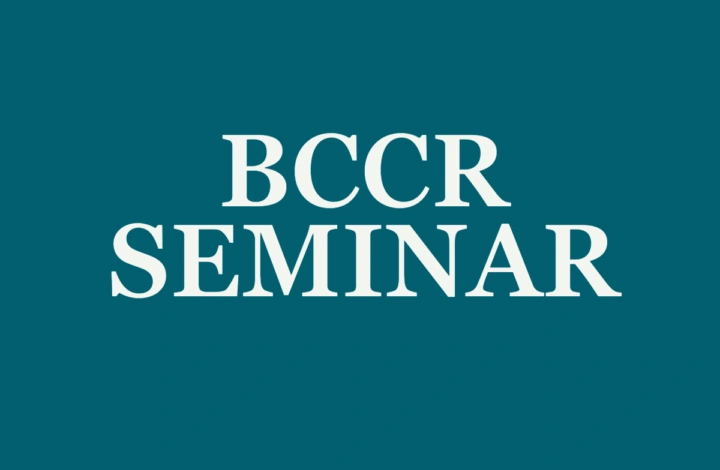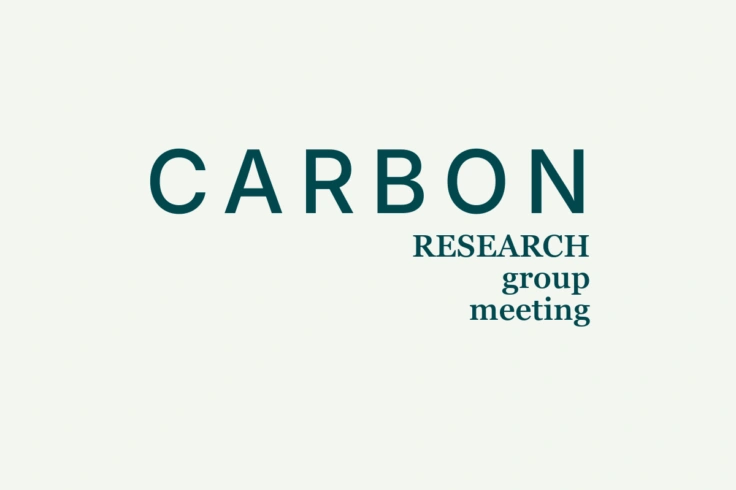Kalender
Groundwater on ice: hydrogeology and the fate of permafrost carbon in Arctic watersheds

Tidspunkt
07. mai 2025, 08:30-09:30
Sted
BCCR lecture room 4020, Jahnebakken 5
Abstract
The rapid warming of the Arctic where permafrost is prevalent is threatening to release carbon which would accelerate global warming if it reaches the atmosphere. There are many unknowns regarding carbon cycling and budgets in Arctic watersheds. This presentation shows that active layer soil above permafrost functions as a thin but extensive unconfined aquifer made up of mostly of peat. The supra-permafrost aquifer has relatively high porosity and permeability, creating efficient subsurface flow paths above otherwise impermeable permafrost. Observations and modeling reveal that much of the water and carbon going through Imnavait Creek, a headwater river in the North Slope of Alaska, has passed through the supra-permafrost aquifer. Remote sensing showed that supra-permafrost groundwater is prevalent during summer while extensive sampling showed that there is substantial carbon within the supra-permafrost aquifers, as much as those estimated for permafrost. The crucial task of predicting the fate of carbon in Arctic watersheds depends on knowing the subsurface flow properties and processes.
Speaker information
2025 Birdsall-Dreiss Distinguished Lecturer on a worldwide lecture tour M. Bayani Cardenas is a hydrology professor in the Department of Earth and Planetary Sciences of the Jackson School of Geosciences at the University of Texas at Austin. His research seeks to understand flow and transport processes across different hydrologic settings, water quality and quantity problems, and scales, using a combination of theoretical, computational, and observational methods. He received his education from the University of the Philippines-Diliman, the University of Nebraska-Lincoln, and the New Mexico Institute of Mining and Technology.
Flere kalenderoppføringer
Se alle
Carbon System Group meeting
